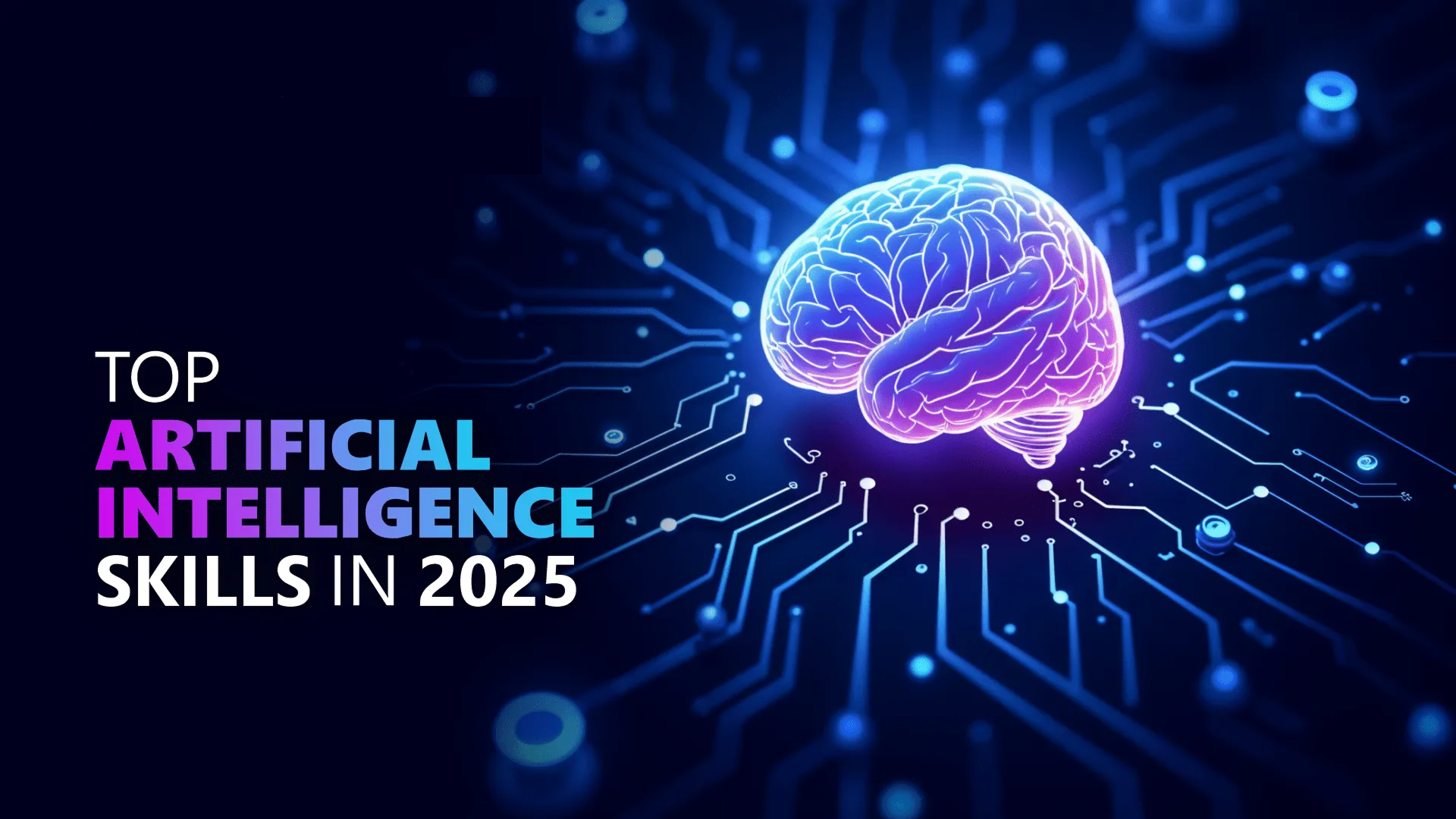AI is no longer a niche – it’s the engine of modern business transformation. From customer service chatbots to generative design tools and predictive analytics, AI is reshaping how companies operate. But behind every AI-powered solution is one critical factor: the right talent.
Enter the AI skills shift – a global movement where companies are racing to build smarter tech teams, faster than ever before.
Why the AI Skills Shift is Happening Now
- Explosion of Generative AI → Every industry is exploring how to integrate LLMs, copilots, and automation.
- Competitive Pressure → Speed to innovation is now a survival metric.
- Changing Developer Roles → Coders are becoming AI orchestrators, prompt engineers, and model integrators.
- Global Talent Race → Enterprises are competing across borders for AI-skilled professionals.
Result: Businesses that adapt their talent strategies now will lead; those that don’t will lag.
What “Smarter Tech Teams” Really Mean
Smarter teams aren’t just bigger – they’re AI-enabled and cross-functional.
- Developers + AI Skills → Coding with AI copilots, tuning models, deploying intelligent workflows.
- Data Scientists at Scale → Embedding analytics in every business function.
- AI Product Managers → Bridging business needs with AI capabilities.
- Ethics & Compliance Experts → Ensuring responsible use of AI.
How Companies Are Building AI-Ready Teams Faster
1. Upskilling Existing Staff
→ Training legacy teams in AI tools, MLOps, and prompt engineering.
2. Hiring Globally
→ Leveraging offshore and hybrid models to access talent in India, Eastern Europe, and Latin America.
3. Partnering with Universities & Bootcamps
→ Building custom training pipelines to bring AI-native talent in early.
4. Embedding AI Tools Into Daily Work
→ Making copilots, low-code platforms, and cloud AI services part of everyday workflows.
5. Focusing on Cross-Discipline Skills
→ Encouraging developers, analysts, and designers to collaborate on AI-driven problem solving.
The Business Benefits
Organizations adopting smarter AI teams are reporting:
- 40–60% faster time-to-market for AI-enabled products
- Increased productivity as developers offload repetitive coding
- Improved innovation capacity with teams experimenting more rapidly
- Cost savings through automation and optimized workflows
